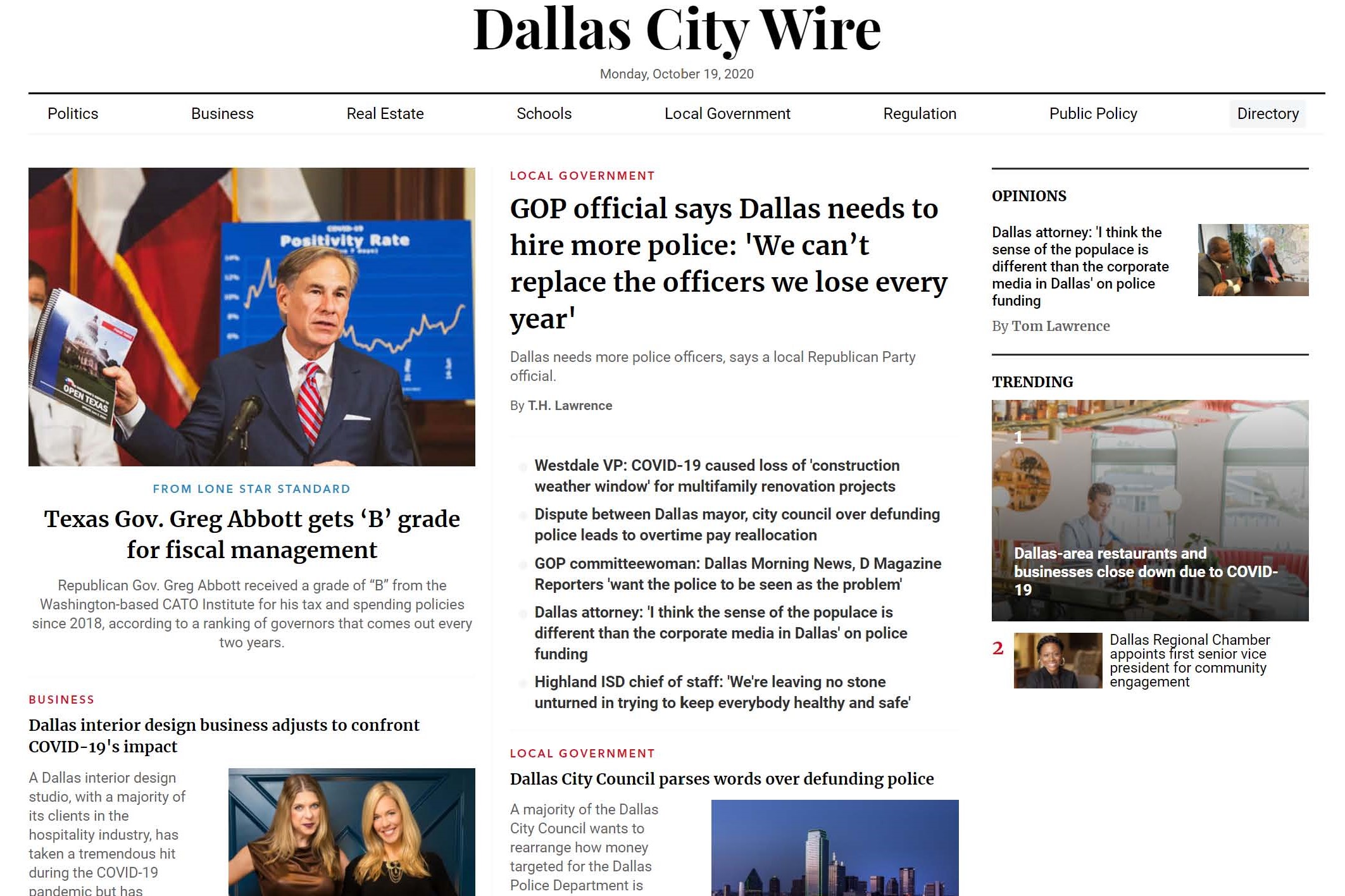About Local News Online
Unknown Facts About Local News Online
Table of ContentsThe Best Strategy To Use For Local News OnlineThe smart Trick of Local News Online That Nobody is DiscussingLittle Known Facts About Local News Online.A Biased View of Local News OnlineAn Unbiased View of Local News OnlineGetting The Local News Online To Work
The variety of times a write-up gets shared on is pertinent for lobbyists, political leaders, authors, online-publishers and marketers. They thus have a rate of interest in knowing the number of shares, ideally also forecasting it before the short article is being published. With new approaches of such as it is possible to acquire understandings right into the core attributes of a short article.The functions consist of variables describing words, links, digital media, time, keywords, understandings from and the number of short article shares. With the dataset being openly available, a fair quantity of data evaluation has been conducted.
One "classification evaluation". 30 November 2020. utilized equipment learning techniques, namely,,, and to predict the leading ten percent most frequently shared write-ups. The final thought is, that the ordinary keyword phrases within a write-up and the typical appeal of stated search phrases have the best effect on the quantity of shares a write-up gets.

Get This Report about Local News Online
Archived from the initial on Sep 28, 2007. Andersen, Kurt (15 February 2007). "You Need to Be Streaming". NYMag. Archived from the initial on Nov 29, 2023. Silberman, Steve (17 March 1997). Wired. Archived from the original on Apr 29, 2023. Shedden, David (2004-12-16). "New Media Timeline (1980 )". Poynter. Archived from the initial on Feb 3, 2024.
BBC Information. Pew Study Facility's Journalism Project. Reuters Institute Digital Information Report 2013.
This year's report comes in the midst of a global wellness pandemic that is extraordinary in modern times and whose economic, political, and social effects are still unfolding. The seriousness of this dilemma has actually reinforced the requirement for trustworthy, accurate journalism that can educate and educate populations, but it has additionally reminded us exactly how open we have come to be to conspiracies and misinformation.

Getting The Local News Online To Work
Journalism matters and remains in need once again. One issue for publishers is that this additional interest is producing even less revenue as advertisers brace for an inescapable economic downturn and print revenue dips. Against this background it is most likely we'll see a further drive in the direction of digital subscription and various other reader settlement designs which have shown significant promise in the last couple of years.
At the very same time, using online and click now social networks substantially boosted in the majority of nations. WhatsApp saw the most significant development in general with boosts of around 10 percentage points in some nations, while more than fifty percent of those checked (51%) used some type of open or shut on-line team to connect, share details, or take part in a regional assistance network.
Media count on was even more than two times the level for social media networks, video systems, or messaging solutions when it concerned details regarding COVID-19. From our larger dataset accumulated in January: Global issues about misinformation remain high. Also before the coronavirus dilemma hit, even more than fifty percent of our international sample said they were concerned regarding what holds true or false on the net when it involves information.
Getting The Local News Online To Work
In our January survey across countries, less than four in ten (38%) said they trust most information most of the moment an autumn of four portion points from 2019. Much less than fifty percent (46%) stated they trust the news they utilize themselves. Political polarisation connected to increasing uncertainty appears to have actually threatened trust in click this link public broadcasters in certain, which are shedding assistance from political upholders from both the right and the.
Partisan preferences have somewhat increased in the USA given that we last asked this inquiry in 2013 yet even here a quiet majority appears to be searching for news that at the very least tries to be objective. As the information media adapt to changing styles of political communication, the majority of people (52%) would favor them to prominently report incorrect statements from politicians instead than not emphasise them (29%).
We have seen substantial increases in settlement for on the internet news in a variety of countries consisting of the United States 20% (+4) and Norway 42% (+8 ), with smaller sized increases in a variety of various other markets. It is essential to keep in mind that across all nations a lot of people are still not paying for on the internet information, even if some publishers have read this post here actually given that reported a 'coronavirus bump'.
The Of Local News Online
Subscribers believe they are obtaining much better details. A huge number of people are perfectly content with the information they can access for totally free and we observe a really high percentage of non-subscribers (40% in the USA and 50% in the UK) who state that absolutely nothing might convince them to pay.
Access to news remains to end up being a lot more distributed (Local News Online). Throughout all countries, just over a quarter (28%) choose to start their news trips with a website or application. Those aged 1824 (supposed Generation Z) have an also weaker connection with sites and apps and are more than twice as likely to choose to gain access to news via social media sites
To respond to the action to numerous platforms, publishers have been seeking to develop direct links with consumers through email and mobile alerts. In the USA one in 5 (21%) accessibility an information email weekly, and for practically half of these it is their primary way of accessing news. Northern European nations have actually been much slower to embrace e-mail information channels, with only 10% using e-mail information in Finland.